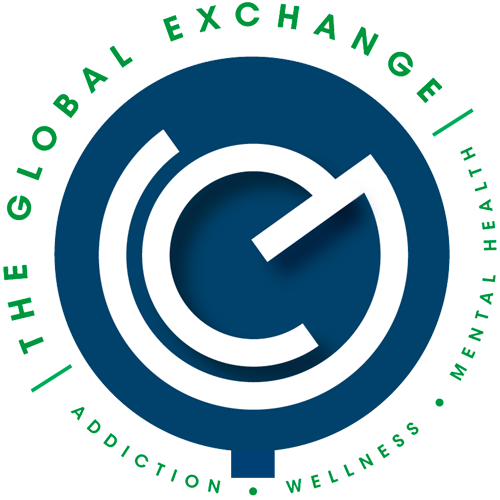
What’s Love Got to Do With It? The Traumatic Cycle of Love Addiction/ Love Avoidance
Information
Date & Time
-
-
Location
-
Northern Hemisphere BC
1255 Epcot Resorts Boulevard
Lake Buena Vista, FL 32830
Learning Objectives
Participants will be able to:
-
Define Love Addict and Love Avoidant. Describe 2 aspects of the origins for each.
-
Describe the cycle of a co-addicted relationship and list each stage.
-
Identify at least three elements of the Love Addiction/Love Avoidance cycle.
-
Describe at least 2 treatment interventions for Love Addiction/Love Avoidance.
Description
Rooted in childhood relational trauma, the dynamic of this co-addicted relationship is obsessive and painful. Love addicts assign too much value, time, and attention to another person while neglecting to care for or value themselves. Love avoidants systematically use relational walls during intimate contact to prevent feeling overwhelmed by the other person, associating “love” with duty or work. The love avoidant’s greatest fear is that of vulnerability, and the love addict’s great fear is abandonment. In this workshop, Jean will identify the origins and the attachment styles of both addict and avoidant and delve into the intricacies of “The Dance” between them. The antidote for these destructive relationships will also be revealed.
Target Audience
- Counselor
- Marriage & Family Therapist
- Psychologist
- Social Worker
- Substance Use Disorder Professionals
Presenters

Jean Collins-Stuckert, Executive Director of Workshops at the Rio Retreat Center at The Meadows, is licensed in the state of Arizona as a clinical social worker (LCSW) and substance abuse counselor (LISAC). She received her master’s degree in social work from Arizona State University. Collins-Stuckert is also a Certified Sex Addiction Therapist (CSAT-S) and is trained in Post Induction Therapy (PIT), Psychobiological Approach to Couples Therapy (PACT), Eye Movement Desensitization and Reprocessing (EMDR), Sensorimotor Psychotherapy (SP), Internal Family Systems (IFS) and Psychodrama.
Jean Collins-Stuckert has been in the behavioral health field for more than two decades and joined the Meadows Behavioral Healthcare team in 2007. At MBH, she has held positions that range from family and primary counselor to workshop facilitator, intake interventionist, and program and clinical director of workshops. In addition to bringing her vast experience and passion for intensives to Rio Retreat Center, Collins-Stuckert also owned and operated a successful private practice in Phoenix for a decade.
Financially Sponsored By
- The Global Exchange Conference - Exchange Events